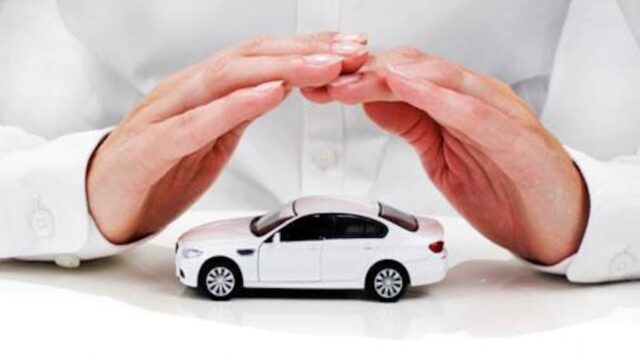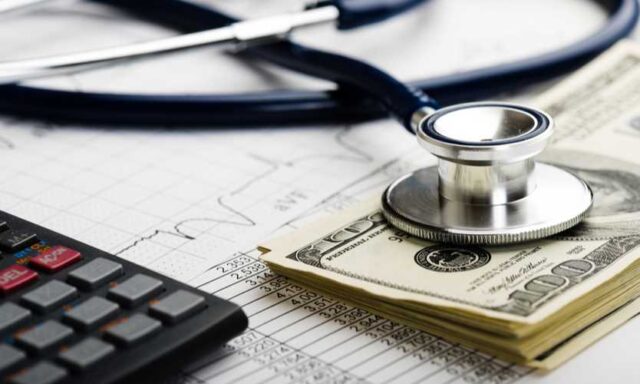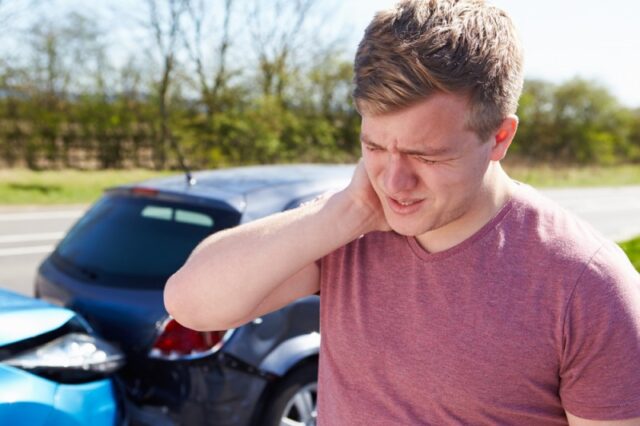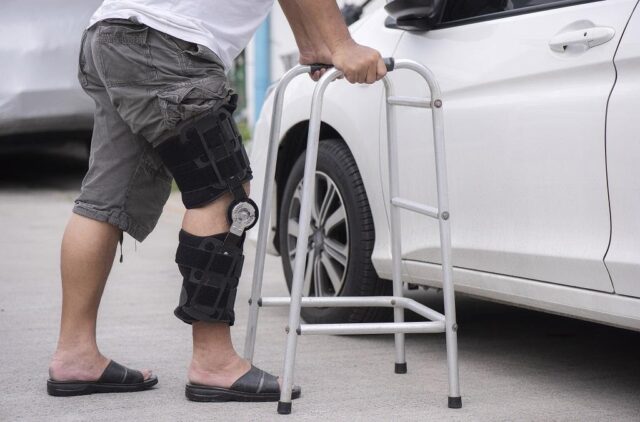
Yes, your car insurance policy does cover medical bills. In most states, drivers are required to purchase bodily injury liability insurance before they may drive on public roads. If you collide with another vehicle and the authorities determine that you were at fault, you will be the one “liable” for the collision. Then, it will be your responsibility to pay the medical bills of everyone hurt in the accident.
Your bodily liability insurance coverage will only pay the bills of people injured in the other vehicle. It does not cover the medical bills for you or the passengers in your car. To have coverage that pays your medical expenses, you would need to purchase optional auto insurance coverage from your auto insurance company.
Medical Payments Coverage

Medical payments coverage pays the medical bills for treatment that you or your passengers need after a car collision, regardless of who caused it. Medical payments coverage will also pay medical bills for you or members of your family if a car hits you while you are walking or riding in another person’s vehicle.
You may also have health insurance, but your health insurance policy may have gaps that will not be covered in the event that an accident occurs.
Are You Required to Purchase Medical Payments Insurance?
Some states require that you purchase medical payments insurance, but in the states where this is not a requirement, you can purchase it as optional coverage. You may have a health insurance plan, but you still may need to purchase medical payments coverage. If it is possible that you could exceed your health insurance plan’s limits, medical payments coverage would be a good plan to have.
Medical payments coverage pays for medical expenses that your health insurance does not pay, such as the ambulance ride, chiropractic care, co-pays and the deductible. Because medical payments coverage covers everyone riding in your vehicle whether they are related to you or not, it would be a good option for you if you frequently have passengers in your vehicle who are not related to you.
What Does Medical Payments Cover?
In general, medical payments will cover the following:
- The deductibles and copayments of your health insurance policy
- Funeral costs if you perish in a car collision
- Nursing services, medical equipment, and X-rays
- The fees for your ambulance ride to the hospital
- Medical treatment for you and your family members if you are hurt while riding in someone else’s vehicle
- Medical treatment for the injuries you or your passengers sustain in a car collision, including chiropractic, surgical, medical and dental care
What Isn’t Covered?
Medical payments don’t cover everything. Some of the expenses that are not covered by medical payments include the following:
- Medical treatment that isn’t related to the car collision, such as for a preexisting condition
- Medical treatment for others hurt in a collision that you caused
- The cost of child care if you are unable to care for your children because of injuries caused by the collision
- Wages lost if you are unable to return to work because of your injuries
What About Personal Injury Protection?

Personal injury protection (PIP) can also cover your medical expenses in case of an accident, regardless of who’s at fault. In 13 states, this type of car insurance coverage, also known as “no-fault” insurance, is now mandatory. It is called “no fault insurance” because you don’t have to prove any type of fault before accessing the benefits.
It covers your injuries, other passengers’ injuries, and even the injuries sustained by the other driver or a pedestrian whom you accidentally hit. PIP also covers you if you get injured in another person’s car or if you had a traffic accident as a pedestrian or cyclist. It may even cover somebody else driving your car if they had your permission to do it.
PIP’s offers coverage for:
- Hospital and medical bills related to the crash
- Lost earnings
- Funeral and burial costs
- Various other expenses caused by the accident, such as child care expenses when you are no longer able to take care of your child
PIP is a type of “primary” insurance coverage which means that it can be tapped only after you’ve exhausted the other driver’s medical payments/PIP coverage but it needs to be exhausted as well before you can access your own medical payments coverage.
Just like medical payments claim, a PIP claim needs to be filed with your insurance carrier. But unlike medical payments coverge, you may be required to pay a deductible before accessing any or all the benefits. Both types of coverage don’t require to prove any type of fault.
PIP is currently mandatory in 13 states (the minimum coverage varies greatly from $3,000 in Utah to $50,000 in New York):
- Delaware
- Florida
- Hawaii
- Kansas
- Massachusetts
- Michigan
- Minnesota
- New Jersey
- New York
- North Dakota
- Oregon
- Pennsylvania
- Utah
Hiring an Attorney

In most cases, the limits you can purchase for your medical payments coverage will be approximately $10,000. This may not be enough to allow an injured party to return to his previous level of health.
What’s more, in case of severe injuries, many insurance companies will try to devalue your claims. Expect insurance adjusters to come knocking on your door just to tell you that your medical treatments are too expensive, your physician charges you too high, or that you are not that injured.
Some insurers may even ask you to get checked by a medical professional on their team when ivestigating your PIP or medical playments claim. Don’t fall for their tactics. Some of them will do whatever is legally permitted to limit or end your benefit payments. It is best to talk to a personal injury lawyer when you feel harrassed by an insurance company.
Also, if you were involved in a car collision and you need to file a claim against the at-fault party, you need to contact a lawyer immediately. In the aftermath of an accident, the person in question may not be able to return to the previous level of health, but long-term medical care can be covered through personal injury compensation when both PIP and medical payments coverage have been exhausted.
Your attorney will be able to guide you towards the optimal course of action and if he or she is working on a contingency basis, which is what most personal injury attorneys do, you won’t be charged a dime until they win your case. You can visit this site here to learn more on pursuing a personal injury claim in your state. Those medical bills can quickly add up.










